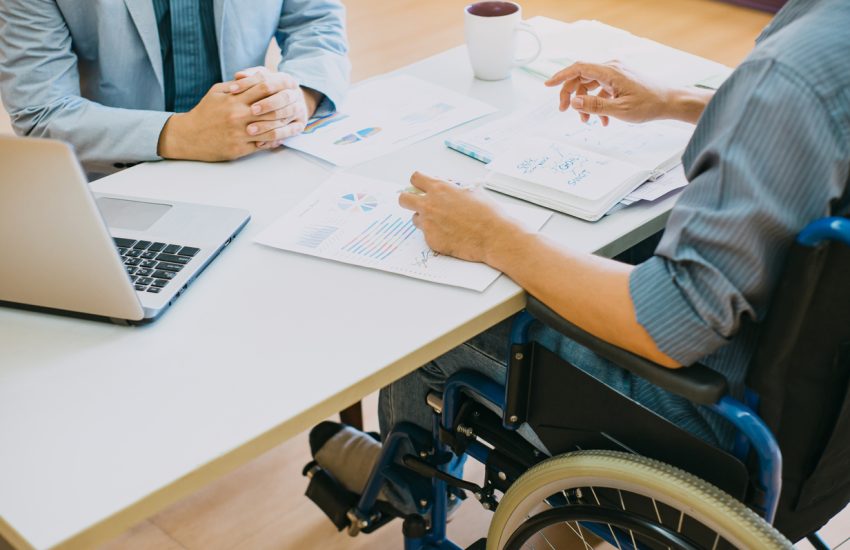How Criminal Lawyers Investigate and Disprove False Evidence
False evidence has the potential to derail justice and destroy lives. In criminal cases, fabricated or misleading information can lead to wrongful charges, convictions, and irreparable harm to a person’s reputation and future. That’s why experienced criminal defense lawyers in Minneapolis play a vital role in carefully examining and disproving questionable claims. Their work behind the scenes often determines whether a case stands or falls.
Understanding how defense attorneys approach evidence helps clarify the critical role they play in protecting legal rights and upholding due process.
Starting with a Thorough Review of the Evidence
Every criminal case begins with an evidence review. Lawyers assess police reports, forensic documents, witness statements, and any physical or digital material submitted by the prosecution. They’re trained to identify inconsistencies, procedural violations, or unsupported claims. If any part of the evidence doesn’t align with the timeline or factual record, it becomes a point of challenge.
Early review is essential to build a strategy that highlights weaknesses in the opposing case.
Investigating Timelines and Procedures
Criminal defense attorneys often begin their own investigation to establish alternative explanations and fill in gaps missed during the initial probe. In cases involving a sexual assault investigation, for example, they examine medical records, communication logs, surveillance footage, and testimonies to ensure every claim holds up under scrutiny.
If law enforcement skipped steps or mishandled the collection of evidence, lawyers may file motions to question the credibility of the entire investigation.
Identifying Fabrications and Forensic Errors
False evidence doesn’t always mean something was planted. It could stem from flawed forensics, misidentification, or unreliable witness recollections. A defense attorney may consult expert witnesses, forensic specialists, or independent labs to re-evaluate the data. Even seemingly minor errors in lab analysis or digital data extraction can shift the outcome of a trial.
Defense teams dig deep into technical reports, test results, and chain-of-custody documentation to find and expose inaccuracies.
Filing Motions to Suppress Illegally Obtained Evidence
Once discrepancies are identified, lawyers can request that specific pieces of evidence be excluded from the case. These motions to suppress are based on legal grounds such as unlawful search and seizure, coerced confessions, or tainted procedures. Understanding how to challenge or suppress evidence can dramatically alter the course of a trial by weakening the prosecution’s arguments.
Suppression of faulty evidence often leads to case dismissals or significantly reduced charges.
Presenting Counter-Evidence to Strengthen the Defense
In addition to undermining false claims, lawyers also build a strong counter-narrative through verified documents, eyewitness accounts, or expert analyses. This balanced approach helps judges and juries see the full picture—correcting misconceptions created by the opposing side’s narrative.
Criminal defense isn’t just about responding to accusations; it’s about constructing a reliable version of events rooted in provable facts.
Conclusion
False or flawed evidence poses one of the greatest threats to justice in criminal proceedings. That’s why the role of a criminal lawyer extends far beyond courtroom arguments—they become investigators, researchers, and defenders of truth. Through rigorous examination, motion filings, and strategic counter-evidence, they ensure that only reliable facts shape the outcome of a case.
When the stakes are high, a skilled defense team provides more than legal support—they offer protection against the damage that unjust evidence can cause to a person’s life and freedom.




